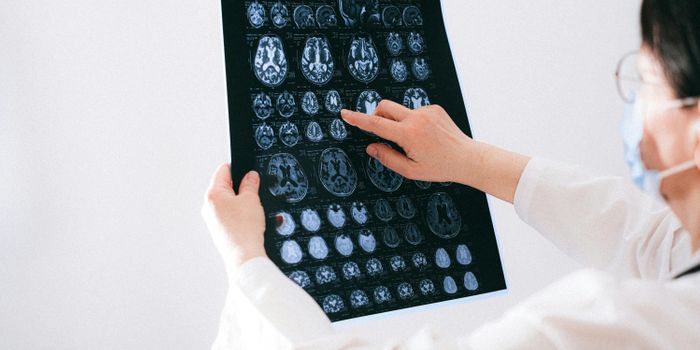Bill Murray, he of the notoriously spontaneous behavior that usually delights, was asked at the premier of the film St. Vincent about his secret for excelling in improvisational situations. He said he makes a conscious effort to stay extremely relaxed.
For the 40 million Americans with anxiety disorders that can hijack their ability to relax, however, this advice presents a paradox that was recently demonstrated in a UC Berkeley study.

The study, published in the journal Nature Neuroscience, showed that decision making-which needs to be rapid-fire in unpredictable situations such as improvisation-gets more difficult for individuals prone to higher anxiety. According to study author Sonia Bishop, the key difference in anxious subjects was an inability to pick up on whether environmental cues indicated they were in a stable or changing situation.
Thirty-one young adult and middle-aged study participants with baseline anxiety ranging from low to extreme were asked to play a computerized game in which they were to chose between two shapes. One of the shapes, when selected, would lead to a mild to moderate electric shock.
To avoid getting shocked, participants would have to learn which shapes most frequently resulted in a shock. The study varied the frequency by which the shocking shape was changed, keeping it the same for a long period during one segment of the study and changing it more quickly during another segment. Highly anxious subjects had a harder time tracking this change in frequency, which meant they received more shocks.
"Their choices indicated they were worse at figuring out whether they were in a stable or erratic environment and using this to make the best choices possible," Bishop told an interviewer (http://www.futurity.org/anxiety-decisions-probability-867882/).
One possible conclusion is that this neurological arrangement leaves the highly anxious with a negative feedback loop wherein the more anxious they are, the worse they become at making the kind of decisions that could help reduce their anxiety. Focusing on this higher-order decision-making circuitry could become a target for treatment of anxiety.
Contrast this with what Murray told a 2014 Toronto Film Festival audience (http://www.rollingstone.com/movies/features/being-bill-murray-20141028): "You can do the very best you can when you're very, very relaxed." He says that's why he got into acting: "I realized the more fun I had, the better I did."
Bishop extrapolated her findings to social situations, saying the study's findings might be linked to an anxious person having trouble reacting the behavior of someone they're in relationship with who displays unpredictability or volatility.
One of the physiological markers of the reduced ability to adjust when the stable and volatile stimuli were less predictable was pupil dilation. The study showed that pupils in the higher trait anxiety subjects displayed less sensitivity to volatility. This potentially indicated an altered norepinephrinergic responsivity to environmental changes.
Norepinephrine is the hormone and neurotransmitter most responsible for increasing vigilant concentration. It is also commonly referred to as a stress hormone that can help us perform at higher levels to meet stress demands, but that can be damaging under prolonged exposure.
Sources: Nature Neuroscience, Futurity.org









